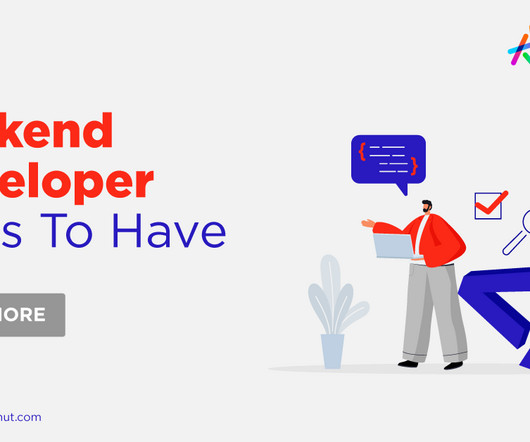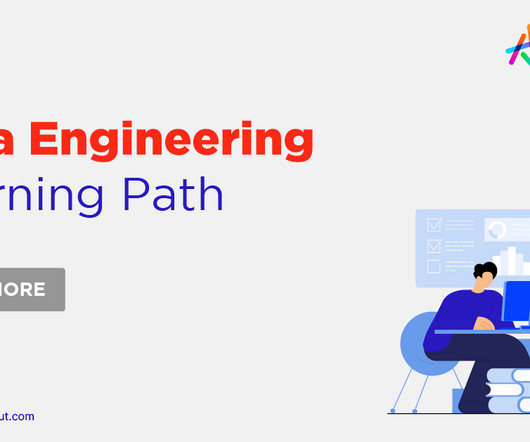Top 12 Backend Developer Skills You Must Know in 2024
Knowledge Hut
APRIL 25, 2024
Candidates should be able to construct database schemas that enable and represent business processes and automated unit tests and testing frameworks like JUnit and Jenkins. Therefore, having a solid grasp of the database is essential. The backend developer must make a relational mapping for the data to be accessible when needed.















Let's personalize your content